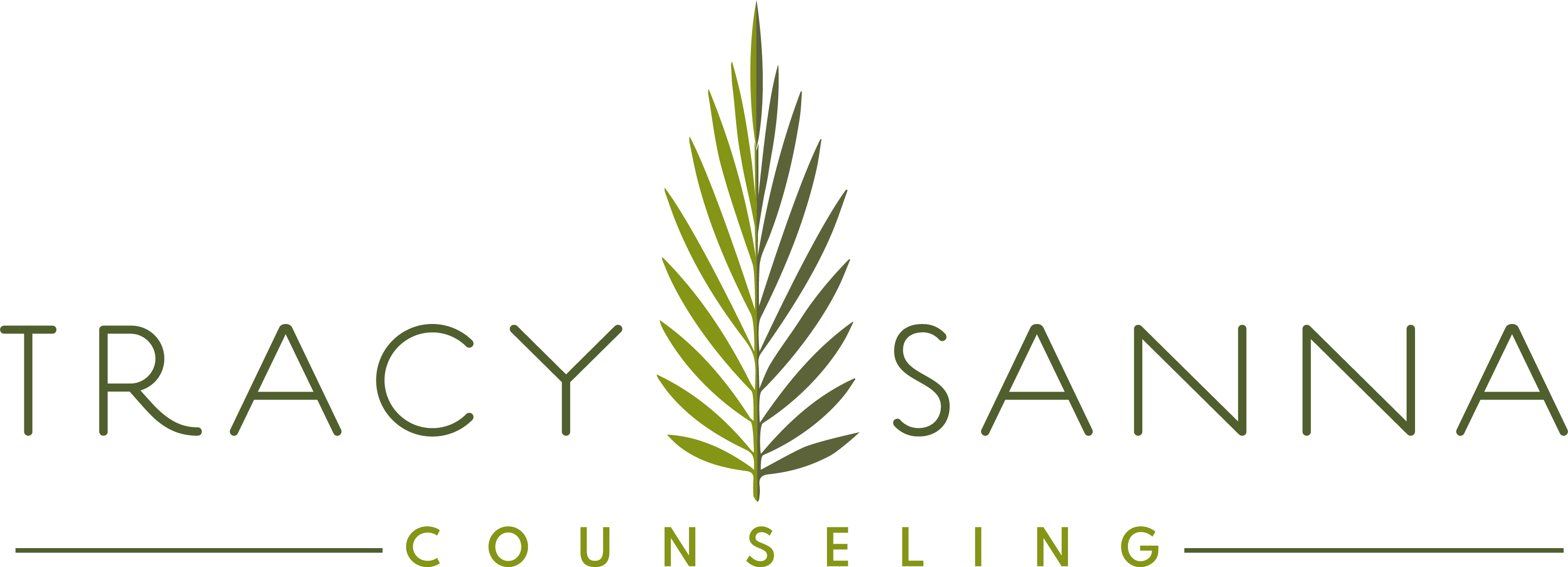I offer counseling for older children and adolescents as well as adults. The following are the approaches I employ:
Somatic Therapy
Each therapy session is tailored to meet your specific needs, whether you’re working through the aftermath of trauma, managing anxiety, or striving for greater alignment in your life. Through compassionate and supportive guidance, Somatic Therapy helps you process and release trapped emotions, creating space for personal growth and meaningful, lasting change. This approach is especially valuable for those who feel that traditional therapies have fallen short, offering a deeper, body-centered path to healing from the inside out. This mode of counseling for older children and adolescents is designed to address their unique emotional and developmental needs, fostering resilience, self-awareness, and a stronger sense of connection to themselves and others.
Find out more about somatic therapy
Internal Family Systems
Internal Family Systems (IFS), is a model of therapy that views the mind as a collection of different parts, each with unique qualities and hopes for you. This approach works seamlessly alongside traditional therapy, enhancing your ability to explore and understand these parts. For example, you might have a part that is eager to begin therapy and another that feels hesitant, worried about vulnerability. I welcome all parts of you, creating a safe space for exploration and healing. The goal is not to pathologize unwanted behaviors but to help you access the inner resources needed to take charge of your growth and lead from your wisest, most grounded self.
Find out more about Internal Family Systems
Equine Assisted Psychotherapy
Equine assisted psychotherapy (EAP) and Equine Assisted Learning (EAL) are models of personal growth that include a horse or herd of horses, a mental health therapist, and an equine specialist. Horses provide clients with honest and immediate feedback about their patterns of thinking and behaving. EAP provides the space and professional support for clients to practice self-awareness, mindfulness, boundary setting, calm assertiveness, healthy communication, and mutual partnership. This experiential work goes beyond an intellectual understanding and gently guides the client beyond words into an embodied sense of connection. The principles of developing a relationship with your horse(s) are the same principles that apply to every other relationship in life. For more information, please check out this site- www.haloranch.org/services.
Find out more about equine therapies
EMDR (Eye Movement Desensitization and Reprocessing)
As with the other therapy approaches I offer, EMDR complements traditional psychotherapy by addressing the individual’s present concerns while also focusing on unresolved past experiences. Specifically, the EMDR approach recognizes that past emotionally charged events can overly influence your current emotions, sensations, and thoughts about yourself. For instance, have you ever felt worthless, even though you logically believe all people are worthwhile? In such cases, EMDR processing works alongside traditional therapy techniques to help you break through emotional blocks, thereby enabling you to live an adaptive, emotionally healthy life. Moreover, unlike traditional talk therapy, EMDR uses rapid sets of eye movements or alternate tapping to help you reprocess disturbing experiences and shift to a healthier present perspective.
Find out more about EMDR Therapy
![]()
